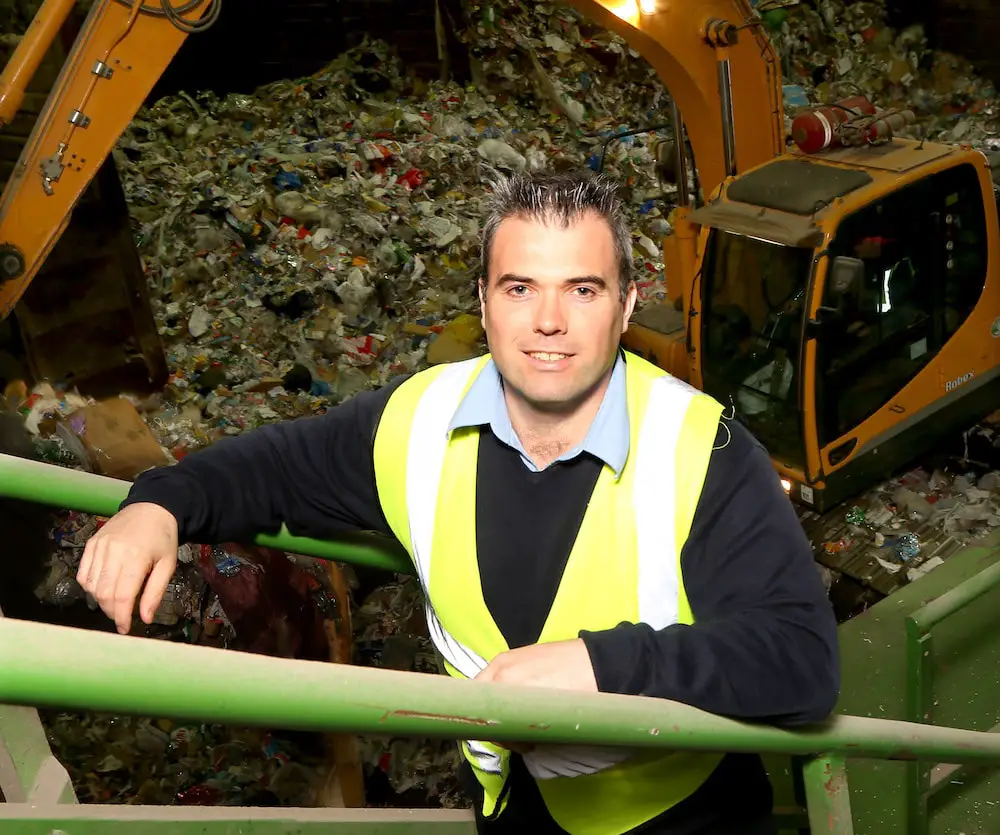
We are all aware that fuel, electricity and food costs have increased significantly and will continue to rise over the next 6-12 months. We’ve felt it on our wallets.
In addition, with the June 2022 inflation rate at 9.4 per cent many costs are outside the control of the management of materials recovery facilities. We still need to pay salaries and wages, run our machines and cranes on electricity, and fuel our mobile plant on what seems like a much too frequent basis.
Our contracts with local authorities have been reviewed against in line with the Consumer Price Index as part of the annual contractual arrangements. This is important as macro environmental issues such as fuel and power costs, plus inflation-related pay increases, have an increase on our operational costs.
Fortunately, at Re-Gen we don’t have to deal with labour-intensive kerbside sort process where there have been issues in recruitment and retention.
We work with local authorities that have comingled systems for householders and that means that the sorting is our responsibility. The role of the householder is to provide clean dry and separated materials in their recycling bin. The exception being lids of milk and drinks containers where they should be attached.
Providing a collection system that delivers convenience and simplicity for the householder is the best way for local authorities to reach the 65 per cent municipal recycling target rate. I also believe that the comingled service is more reasonably priced that the kerbside sort option.
Our materials recovery facility still has significant levels of labour, but our plant operators’ roles are changing due to the greater technology we’ve introduced.
We have invested £9 million in our facility over the last five years as we believed that Brexit, labour shortages and impending changes in the waste sector, would mean investment and radical advances were needed in how we recycle and to improve the quality of our outbound materials and to future-proof our services to customers.
Installing high voltage cable, a transformer and energy-saving LED lighting in the MDR extension we built last year are just some of the sustainable approaches we’ve made. Adding to the building’s energy efficiency, we fitted air system for compressors. Our recycling process has a highly automated – and highly powered – section to assist with sorting. It is, quite simply, sorting excellence.
We’re working with providers of artificial intelligence (AI) systems to measure, analyse and validate materials in our recycling streams. This AI-inspired data on the long-term sustainability of resources will be useful for local authorities, processors, DAERA and Defra, and bodies such as the Waste and Resources Action Programme (WRAP) – and we anticipate will drive circular economy initiatives. It will also be invaluable for when the long-awaited EPR and DRS consultations’ results, and their relevant detailed plans for the devolved administrations, are published.




